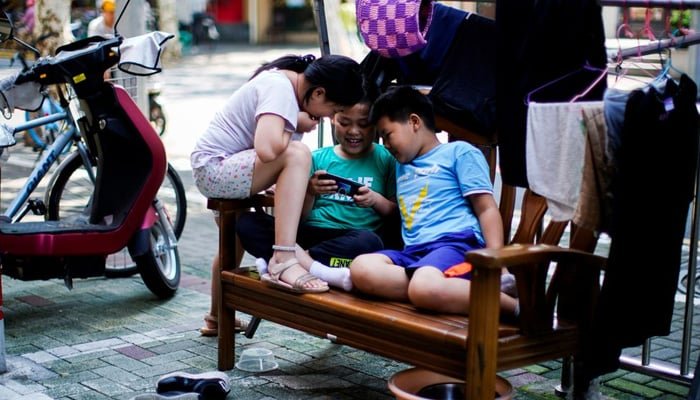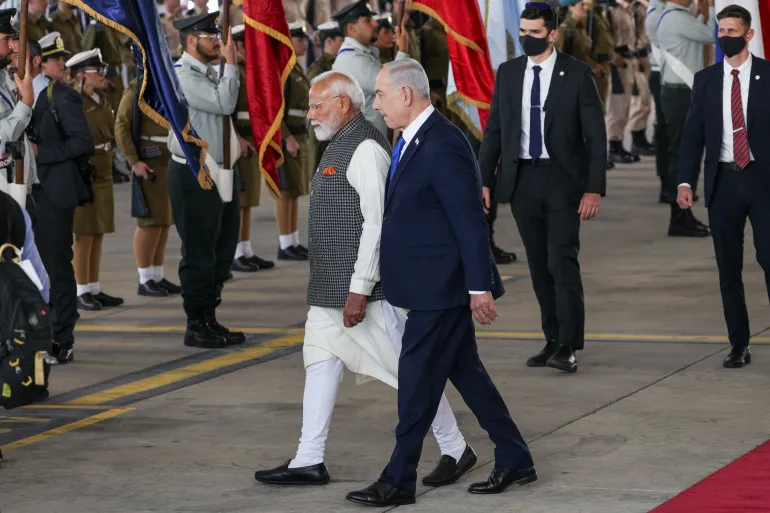According to UNICEF, Pakistan has the world’s second highest number of out-of-school-children (OOSC), with an estimated million children aged 5-16 not attending school, representing 44% of the total population in this age group. This negatively impacts the country’s development, economy and social cohesion.
There are different ways to educate out-of-school children in Pakistan through formal and informal means. Formal education is the system of schools, colleges and universities that follow a prescribed curriculum and award degrees or certificates. Informal education is learning outside the formal system, such as through vocational training, community-based initiatives, or self-directed learning.
Some examples of formal and informal education in Pakistan are:
- Early Childhood Education (ECE) to improve school readiness and increase enrolment
- Alternative Learning Pathways (ALP) to provide flexible and quality education for children who cannot access regular schools due to various barriers
- Non-formal schools and training centres run by the public sector or NGOs to offer basic literacy and skills development
- Distance education and online learning platforms to reach remote and marginalized learners
These are possible ways to address the issue of out-of-school children in Pakistan, but they also require adequate resources, policies and coordination among different stakeholders. Therefore, the federal and provincial governments must ensure not only provide education to these children but also provide them with the skills to lead an economic life. Functional literary can play an important role in this regard. Functional literacy means providing basic education to children and also providing them with the necessary skills.
Lastly, the question remains unresolved. How will the out-of-school children be educated? Accordingly, the provincial governments should prioritize the task and ensure that the students’ economic needs are fulfilled and that they are also educated. If Pakistan provides them with primary education and skills, the children will become functional in society.
















